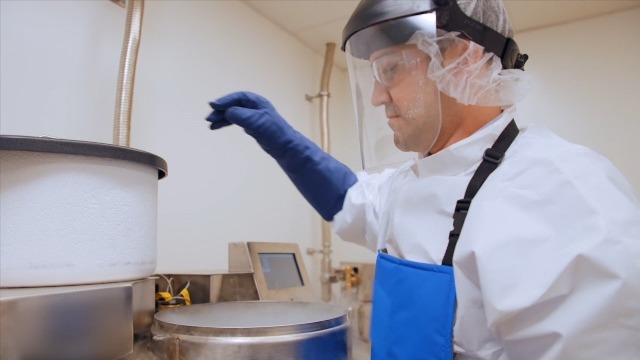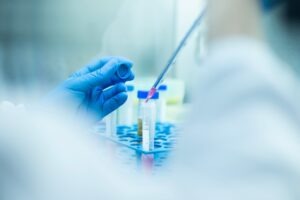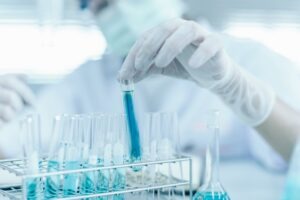Takeda Pharmaceutical has opened a new 24,000ft² research and development (R&D) therapy manufacturing facility in Massachusetts, US.

Takeda has opened a R&D cell therapy manufacturing facility at its R&D headquarters in Boston, Massachusetts. (Credit: Business Wire)
Subscribe to our email newsletter
Situated at the company’s R&D headquarters in Boston, the new facility offers end-to-end research and development services to advance the development of next-generation cell therapies.
The new R&D cell therapy manufacturing facility will initially work on oncology and holds the capacity to expand into other therapeutic areas.
The new facility will engage in the production of cell therapies for clinical evaluation ranging from discovery to pivotal phase 2b trials.
According to the company, the current Good Manufacturing Practices (cGMP) facility will help meet all the US, the EU and the Japanese regulatory requirements for cell therapy manufacturing to support Takeda clinical trials across the world.
It will also support Takeda to enhance its cell therapy capabilities for increasing multiple next-generation oncology cell therapy platforms and programmes with world-class collaborators.
Takeda and MD Anderson are involved in the development of class allogeneic cell therapy product (TAK-007), which is a phase 1/2 CD19-targeted chimeric antigen receptor-directed natural killer (CAR-NK) cell therapy that is being evaluated in patients with relapsed or refractory non-Hodgkin’s lymphoma (NHL) and chronic lymphocytic leukaemia (CLL).
The company also initiated two additional phase 1 studies of cell therapy programmes, including with next-generation CAR-T signalling domain in partnership with Memorial Sloan Kettering Cancer Center (MSK) to treat relapsed/refractory B-cell cancers and cytokine.
The chemokine armoured CAR-T is being studied in partnership with Noile-Immune Biotech to treat GPC3-expressing previously treated solid tumours.
Takeda’s oncology therapeutic area unit head Dr Chris Arendt said: “We are collaborating with some of the best scientists and innovators around the world establishing a highly differentiated immuno-oncology pipeline leapfrogging into new modalities and mechanisms with curative potential.
“With three oncology cell therapy programs in the clinic and two more targeted to enter the clinic in the fiscal year 2021, we are working with urgency and purpose for patients. The new facility helps us rapidly scale our manufacturing capabilities so we can simultaneously advance multiple highly differentiated cell therapy programmes.”
In August this year, Novavax agreed to grant the Japanese licensing rights to NVX‑CoV2373, a vaccine candidate modified from the genetic sequence of the Covid-19 causing SARS‑CoV‑2 virus, to Takeda Pharmaceutical.
 Advertise With UsAdvertise on our extensive network of industry websites and newsletters.
Advertise With UsAdvertise on our extensive network of industry websites and newsletters.
 Get the PBR newsletterSign up to our free email to get all the latest PBR
news.
Get the PBR newsletterSign up to our free email to get all the latest PBR
news.

